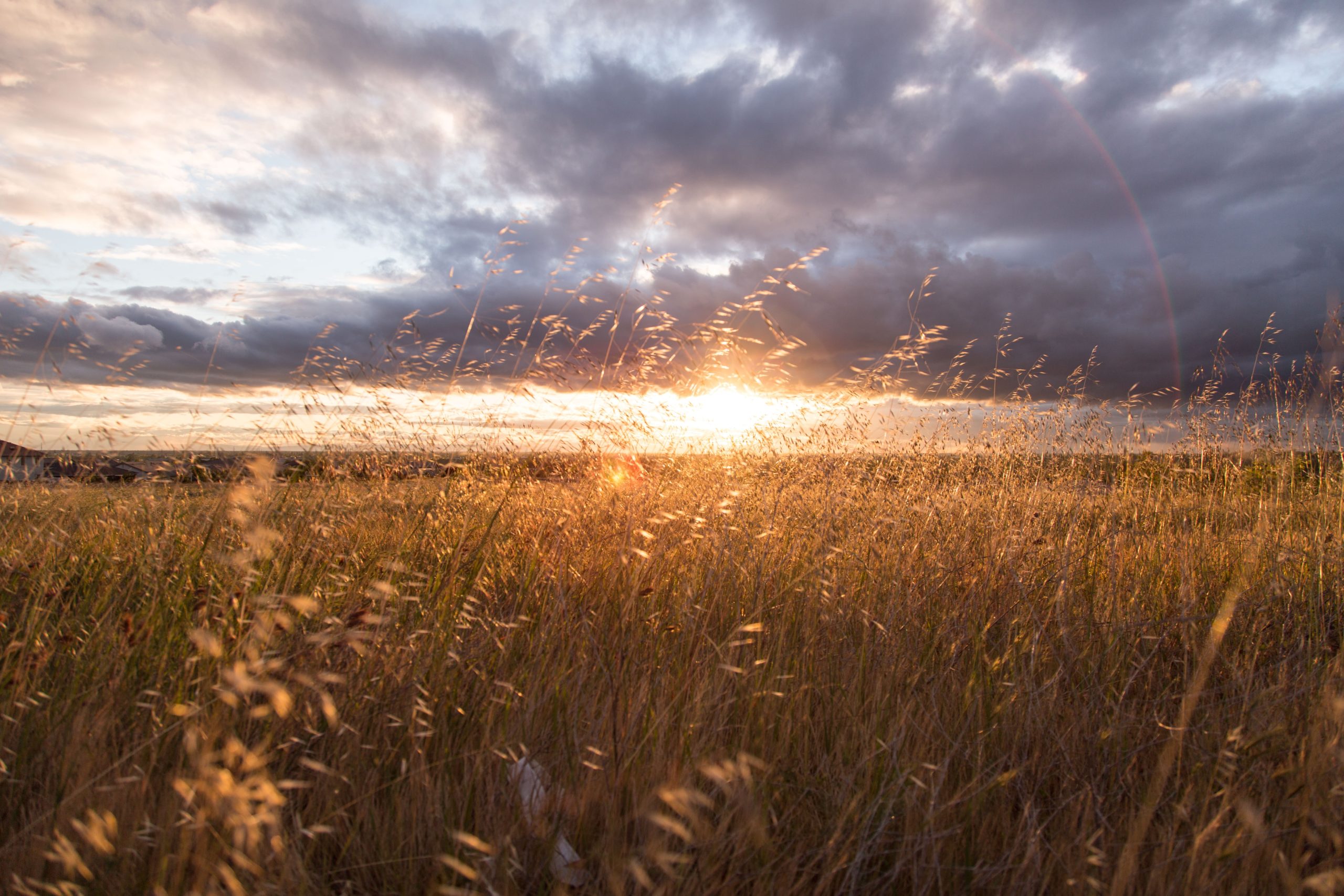
Home Groups / Series / All Things Are Possible / Session 3 - Planet: What does it mean to care for the environment?
Session 3 – Planet: What does it mean to care for the environment?

This is part three of a five part series written by USPG entitled All Things Are Possible, exploring how faith in God can change the world.
Key Text: Genesis 1:27-31
The 2030 Agenda for Sustainable Development states:
‘We are determined to protect the planet from degradation, including through sustainable consumption and production, sustainably managing its natural resources and taking urgent action on climate change, so that it can support the needs of the present and future generations.’
From a human perspective – with so many diverse and contrary opinions – the task of safeguarding the planet and its resources seems impossible. This study looks at the idea that it is only in faith and through God that there is hope.
Bring to mind a powerful experience you have had of being in nature – or an encounter with animals – it could even be an experience from childhood. Share briefly with the group.
USPG is supporting a Green Schools programme run by the Church of South India (CSI) that is teaching students about the importance of safeguarding the environment.
Schools taking part in the Green Schools Programme carry out a ‘green audit’ of their school that draws upon every subject on the curriculum.
In maths, pupils learn about waste management by measuring the amount of garbage generated by the school – they are then encouraged to come up with ideas for reducing waste.
In biology, pupils learn about composting. In English they write reports on the environment. In computing they complete online forms to record their findings. In social studies they undertake a campaign to raise awareness about green issues in their local community.
Prof Dr Mathew Koshy Punnackad, Director of CSI’s Department of Ecological Concerns, said: ‘Evidence is building that people are consuming far more natural resources than what the planet can sustainably provide. Many of the earth’s ecosystems are nearing critical tipping points of depletion or irreversible change.’
Ms Jolly, a teacher at CMS Lower Primary School in Mundakayam, described how committed the school is to helping students engage with environmental issues.
She explained: ‘In my school, teachers are facilitators more than teachers. We do things together with the students. We have a herbal garden and a kitchen garden. We arrive one hour before school starts and spend time gardening and planting with the students.’
Ms Jolly’s school is located in a part of Kerala State that has been exposed to the pesticide Endosulphan for over 25 years. The pesticide has caused terrible contamination of soil and water, which has given people cancer and resulted in children being born with abnormalities. The school is reaching out to these children. One activity saw pupils write a puppet show, which they performed throughout Kerala to raise funds to buy kitchen equipment for special schools that support the children. The school is also providing affected children with books and is supporting an initiative to help introduce the children into mainstream society with a sense of acceptance.
So God created humankind in his image,
in the image of God he created them;
male and female he created them.
God blessed them, and God said to them, “Be fruitful and multiply, and fill the earth and subdue it; and have dominion over the fish of the sea and over the birds of the air and over every living thing that moves upon the earth.”
God said, “See, I have given you every plant yielding seed that is upon the face of all the earth, and every tree with seed in its fruit; you shall have them for food.
And to every beast of the earth, and to every bird of the air, and to everything that creeps on the earth, everything that has the breath of life, I have given every green plant for food.”
And it was so.
God saw everything that he had made, and indeed, it was very good. And there was evening and there was morning, the sixth day.
Take it in turns to reflect on the question posed at the start of this study: What does it mean to care for the environment? Share briefly your insights.
Celebrating God’s Creation
In silent wordless prayer, imagine the world as if you were viewing it from outer space. Take a moment to observe the seas, the continents, the clouds. [Pause]
See God’s light infusing and filling the earth. [Pause]
See God’s light infilling all things: seas [pause], mountains [pause], forests and jungles [pause], deserts [pause], animals [pause], villages [pause], cities [pause] and all people. [Pause]
Rest for a while knowing that this same light is also in you. [Pause]
Know that this light is the light of God’s unconditional acceptance and love. [Pause]
Simply allow yourself to rest in this light – feeling its transformative power. [Pause]
Amen.
Creator God, thank you for the world you have entrusted to our care:
for its beauty, and the interconnectedness of all living things.
Help us to take our responsibility as earth’s stewards seriously,
and bring the whole created order into your just and gentle rule.
Amen.